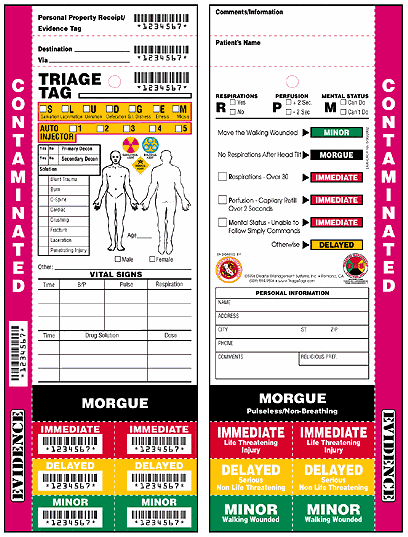
code quality
Code Elegance, Code Balance
I’ve been reading a great book of interviews with programmers circa 1989. One of the most fascinating interviews is with Wayne Ratliff, the author of dBase. Wayne’s description of balance in programming really resonated with me: Interviewer: Can you elaborate on this feeling for balance and elegance? Balance







